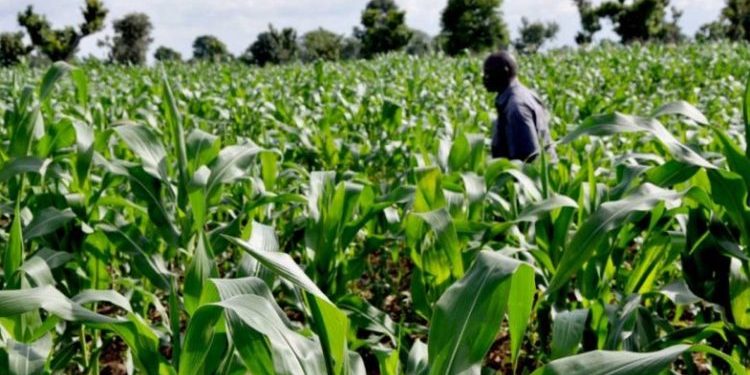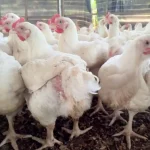In a decisive move to scale up food production and support the livelihoods of rural farmers, the Ekiti State Government has announced the official launch of its subsidised fertiliser distribution programme scheduled for Monday, July 14, 2025. The initiative forms part of the state’s ongoing agricultural transformation plan aimed at strengthening food security, reducing dependency on food imports, and positioning Ekiti as an emerging hub for agribusiness in Nigeria.
The Commissioner for Agriculture and Food Security, Mr. Ebenezer Boluwade, disclosed that the flag-off ceremony will be held at the Agricultural Development Programme (ADP) Seed Processing Centre in Odo-Ado, Ado-Ekiti, by 2:00 PM. The event will mark the beginning of statewide distribution to thousands of farmers, including smallholder and cooperative-based groups.
Boluwade stated that the programme was designed not just to provide short-term relief but also to lay the foundation for long-term agricultural resilience. “This initiative is about securing our food systems, reducing the cost of production for our farmers, and stimulating the rural economy,” he said.
Under the scheme, the state government will subsidise 50% of the cost of two critical fertiliser types—Indorama Urea and the nutrient-rich NPK 15:15:15+2.6S OCP blend. These fertilisers are essential for replenishing soil nutrients and ensuring high crop yields, particularly in staple crops such as maize, rice, cassava, and vegetables, which dominate Ekiti’s agricultural landscape.
According to the Commissioner, the fertilisers will be distributed through designated agro-dealer outlets and community access points, with strict monitoring mechanisms in place to prevent hoarding, price manipulation, and diversion.
Mr. Boluwade emphasised that the programme has been structured to ensure fairness and accessibility, particularly to smallholder farmers who often face difficulties in securing quality inputs. “We have worked closely with local farmer associations, traditional rulers, and agricultural extension officers to identify and register eligible farmers across all 16 local government areas,” he said.
The ministry is also using digital platforms to track beneficiaries and monitor distribution in real-time, helping to ensure that only genuine farmers benefit from the support.
This fertiliser intervention is one of several strategic efforts by Governor Biodun Oyebanji’s administration to revitalise agriculture as a major economic pillar in Ekiti State. Over the past two years, the government has ramped up investment in rural infrastructure, including feeder roads to farming communities, irrigation support, and access-to-credit schemes in partnership with microfinance institutions and development agencies.
Boluwade highlighted that beyond input support, the state is focused on building a full agricultural value chain that includes mechanisation, storage, processing, and market access. “We want to make farming more profitable, less labour-intensive, and attractive to young people,” he said.
In addition to fertiliser support, the ministry has committed to ongoing training programmes to equip farmers with modern techniques in soil health management, climate-smart agriculture, and pest control. Extension officers will be deployed to offer on-the-spot advisory services to farmers throughout the growing season.
The fertiliser programme is expected to have ripple effects on food prices, local employment, and rural development. By supporting farmers to increase their yield and reduce production costs, the government hopes to lower the market price of staple foods and minimise the impact of inflation on households.
Furthermore, with improved production capacity, Ekiti farmers may be positioned to serve neighbouring markets in Ondo, Osun, and Kwara States, enhancing regional trade and supply chains.
As states across Nigeria struggle to address rising food costs and climate-related disruptions in agriculture, Ekiti’s structured and inclusive approach to input support may serve as a model for other sub-national governments. The administration’s emphasis on transparency, data-driven targeting, and farmer empowerment signals a shift toward more accountable and results-oriented governance in the agriculture sector.
The July 14 launch marks the beginning of what the government describes as a new phase in Ekiti’s food systems transformation one that places the farmer at the centre of economic policy and sees agriculture not as a development burden but a wealth-creating opportunity.
Farmers, cooperatives, agro-dealers, and all stakeholders have been urged to participate actively in the programme, as the state takes a bold step toward building a more food-secure and prosperous future










